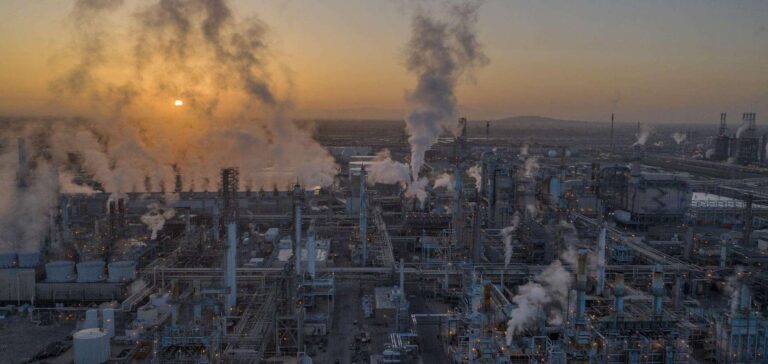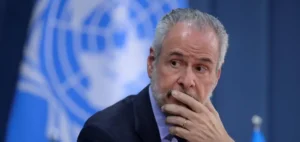In theory, electricity supply should increasingly be generated by renewable energies.
However, theInternational Energy Agency (IEA) predicts that the rise in demand for electricity due to the sudden economic recovery will lead to an increase in the use of fossil fuels in 2022.
Electricity supply will require more fossil fuels by 2022
Global demand for electricity is growing faster than renewable energy capacity.
As a result, the International Energy Agency predicts an increase in the use of fossil fuels in electricity generation.
The Covid-19 pandemic curbed industrial activity in 2020, causing a 1% drop in electricity consumption.
However, consumption is expected to rise by around 5% in 2021 and 4% in 2022, thanks to the economic recovery.
Expected increase in carbon emissions
Almost half of this increase will have to be met by the use of fossil fuels.
The massive use of coal to support demand will push carbon emissions to record levels.
Demand for electricity is set to be particularly strong in the Asia-Pacific region, notably in China and India.
CO2 emissions from coal and gas combustion are expected to rise by 3.5% in 2021 and 2.5% in 2022.
Insufficient growth in renewable energies to meet demand
Renewable energies are developing rapidly thanks to the international community’s determination to reduce carbon emissions.
But demand for electricity is growing faster than the deployment of renewable energies in power supply.
The International Energy Agency recently stated,
“Even with this strong growth, renewables will only be able to meet about half of the projected increase.”
Renewable energy capacity is expected to grow by 8% in 2021 and by over 6% in 2022.
These are mainly hydroelectricity, wind power and solar photovoltaics.
Nuclear power, which produces virtually no carbon emissions, will increase by 1% in 2021 and 2% in 2022.
Further develop renewable energies
The solution to halting the rise in carbon emissions appears to be investment in clean energy, according to the IEA.
Investments must also turn to energy efficiency.
The IEA announces:
“To move to a sustainable trajectory, we need to massively increase investment in clean energy technologies.”
Rising demand for power supply will cause prices to rise.
Indeed, wholesale electricity prices rose by 54% in the first half of 2021.






















